Asthma is a lung disease that can lead to restricted breathing, coughing and difficulty breathing. All of these can significantly limit a person’s life, and many may be limited in their choice of household animals, including dogs. Although dogs can be a problem for people with asthma, some breeds may be more suitable than others.
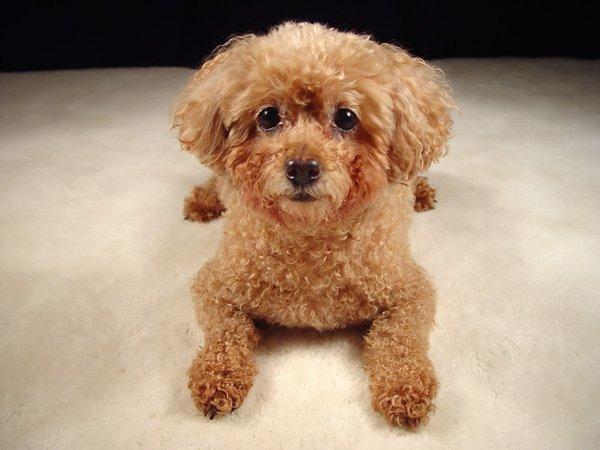
What breeds of dogs are suitable for people with asthma?
Low-inflammatory breeds: Low-inflammatory breeds are dog breeds that produce less sebum than other breeds. This means they can produce fewer proteins that cause allergies in people with asthma. Some of these breeds include:
- Schnauzer (miniature, standard)
- Chinese Crested
- Italian water dog
- Basenji
Breeds with little fur: Breeds with little fur can be a good choice for people with asthma because they can produce fewer proteins that cause allergies in people with asthma. Some of these breeds include:
- Chinese Crested
- Yorkshire Terrier
- Chinese cross
- Shih Tzu
Hypoallergenic breeds: Hypoallergenic breeds can be a good choice for people with asthma because they can produce fewer proteins that cause allergies in people with asthma. These breeds can produce less hair and sebum, which reduces the amount of allergy-causing proteins in the air. Some of these breeds include:
- Poodle
- Bologna Frise
- Schnauzer (miniature, standard)
- Bologna
Low activity breeds: Some dog breeds are more active than others and may produce more hair and sebum, which can cause allergies in people with asthma. Low activity breeds may be a better choice because they produce less hair and sebum. Some of these breeds include:
Popular dog breeds for people with asthma
Poodles: Poodles are a breed of dog that can produce less hair and sebum than other breeds, making them a good choice for people with asthma. They are also considered one of the smartest dog breeds, making them great companions.
Maltese Bolton: The Maltese Bolton is a breed of dog that produces very little hair and sebum, making them a great choice for people with asthma. They are also very energetic and friendly.
Bologna: The Bologna is a breed of dog that can also produce very little hair and sebum, making them a good choice for people with asthma. They are also very friendly and easy to train.
Yorkshire Terrier: The Yorkshire Terrier is a dog breed that produces less hair and sebum than some other breeds, making them a great choice for people with asthma. They are also very energetic and adapt easily to different living conditions.
Beaver Yorker: The Beaver Yorker is a dog breed that produces less hair and sebum, making them a great choice for people with asthma. They are also very friendly and adapt easily to different living conditions.
Bologna Frise: The Bologna Frise is a dog breed that produces less hair and sebum, making them a great choice for people with asthma. They are also very easy to train and very friendly.
Other factors to consider when choosing a breed
In addition to the medical features of dog breeds, there are other factors to consider when choosing a dog breed, including:
Character and activity level of the dog: The character and activity level of the dog can significantly affect its compatibility with a person with asthma. Some dog breeds are very active and require numerous walks and activities, while other breeds are calmer and may be suitable for people with disabilities.
Size and Weight: The size and weight of a dog can also be important factors in choosing a breed. Some dog breeds are very large and can take up a lot of room in the house, while other breeds are more compact and can easily fit into a small dwelling.
Age of Dog: A dog’s age can be an important factor in choosing a breed. Some breeds may be prone to certain medical conditions at some point in life, which may require additional medical expenses.
Color of your dog’s coat: The color of your dog’s coat can also make a difference when choosing a breed, as some colors may require more frequent cleaning and grooming.
How do you care for your dog if you have asthma?
Regardless of your dog’s breed choice, you should take steps to care for them to minimize the risk of allergic reactions. Some of these measures include:
Regular dog hygiene: Regular dog hygiene can help reduce the amount of hair and sebum that can cause allergies. Regular brushing, bathing and clipping can help reduce the amount of hair that is present on a dog.
Regular veterinary checkups: Regular veterinary checkups can help keep your dog healthy and prevent allergic reactions.
Housekeeping: Housekeeping can also make a difference in reducing the risk of allergic reactions. Regular house cleaning, the use of special air filters and other air cleaners can help reduce the amount of allergy-causing proteins in the air.
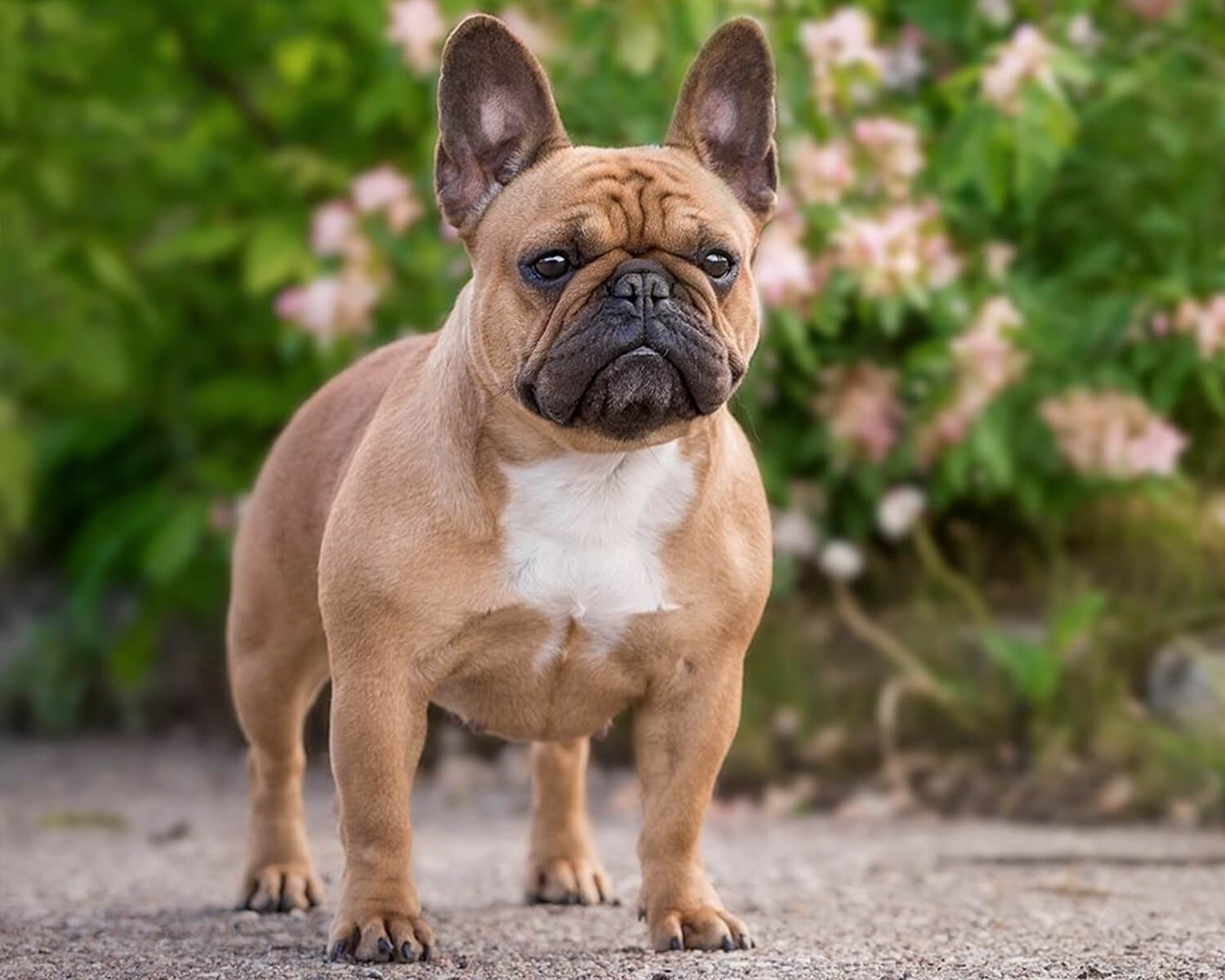
Conclusion
Choosing a dog for people with asthma can be a challenge, but it is possible. Some dog breeds may produce less hair and sebum, making them more suitable for people with asthma. However, in addition to the medical features of the breed, other factors such as the nature and activity level of the dog, its size and age should also be considered. Regular grooming of the dog and the premises can also help reduce the risk of allergic reactions. A dog can be a great companion for someone with asthma, and you shouldn’t give up this opportunity because of asthma.


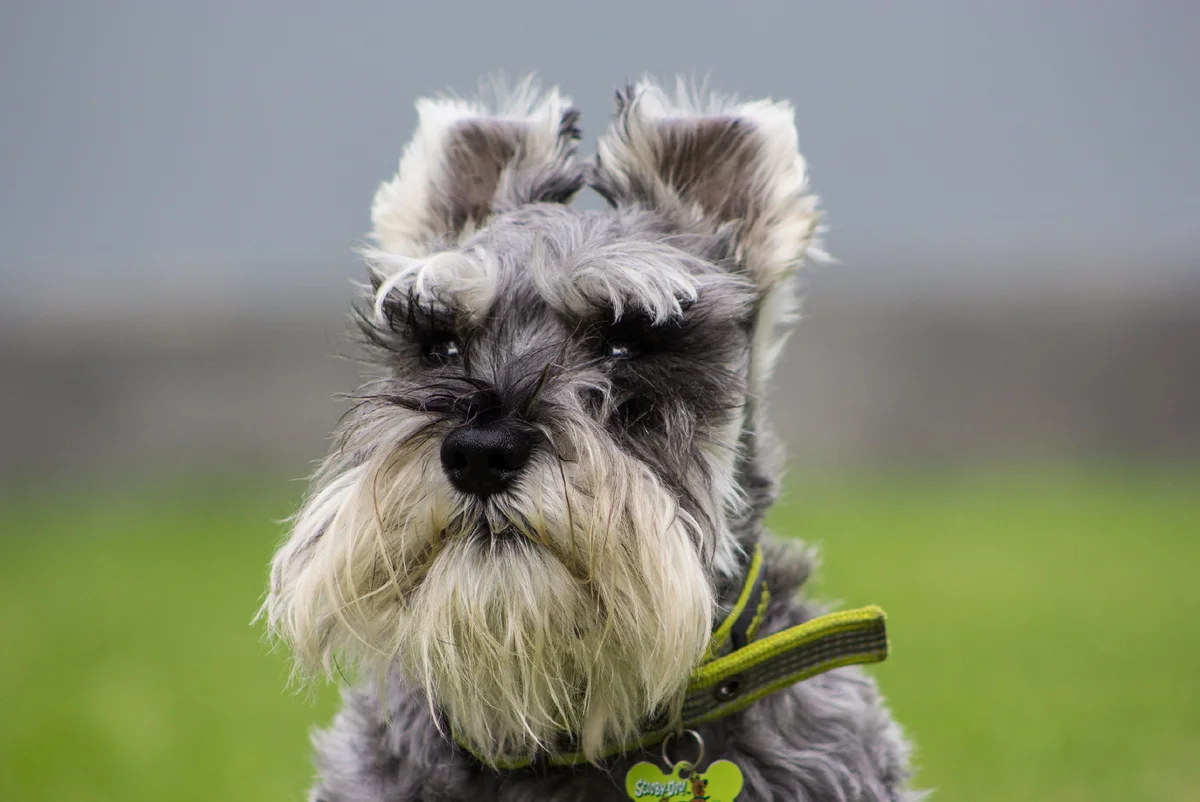
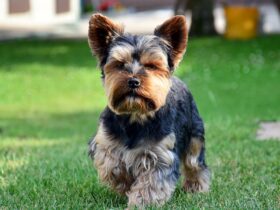

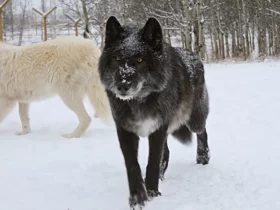
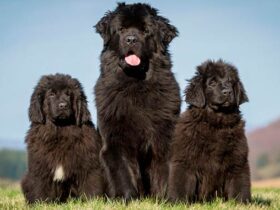
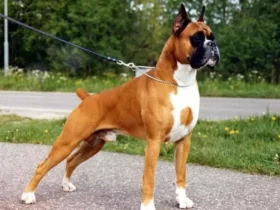
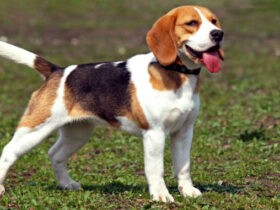
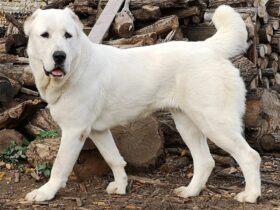
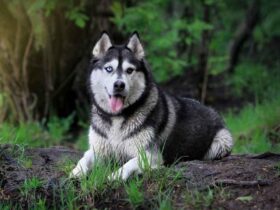


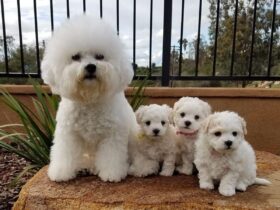
Leave a Reply